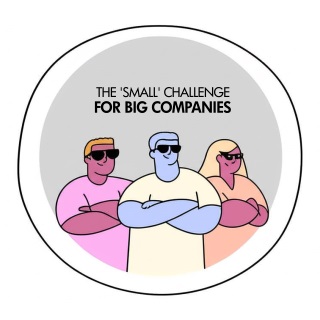A rising trend in modern conversation reveals what I call “the hollow ring of assertive posturing.”
 Phrases such as “look,” “here’s the deal,” and “here’s what you need to know” have become common preambles. Sometimes they’re harmless fillers, but often they’re micro-commands meant to seize the floor and project manufactured authority.
Phrases such as “look,” “here’s the deal,” and “here’s what you need to know” have become common preambles. Sometimes they’re harmless fillers, but often they’re micro-commands meant to seize the floor and project manufactured authority.
This isn’t persuasion—it’s performance. A quick scroll through YouTube offers highlight reels of career politicians trying to “level with you” or “look” you into submission while they stall for time.
At its core, this is linguistic puffery. These phrases act like verbal bookmarks, staking mental real estate before the speaker has earned it. When you lead with “look,” you’re issuing a command to the listener’s attention. It’s the conversational equivalent of chest-thumping—an attempt to project confidence that often exposes its opposite: insecurity.
These are power-seeking markers. A person truly confident in the weight of their ideas doesn’t need a siren or motorcade to announce them; they trust the substance to carry the room. Theatrical openers betray a fear that the point won’t stand on its own.
They also offer a shortcut to moral high ground.”here’s the deal” frames the speaker as the sole arbiter of truth, implying the listener lacks a grasp on reality. This doesn’t build consensus; it bypasses it.
And while preambles seize attention, closure phrases like “end of story” attempt to silence it. They don’t invite dialogue; they declare finality. Both moves expose the same insecurity: a fear that the ideas can’t withstand scrutiny.
The irony is that influence thrives on economy of language. Strip away the fanfare and you strip away the ego, leaving the listener to focus on the insight itself.
Idea for Impact: If your point holds weight, skip the theatrics. Speak plainly, and let the quiet strength of your ideas carry it.
.jpg)
 The new year marked
The new year marked 
 When Alan Mulally became Ford’s CEO in September 2006, the company was teetering on the
When Alan Mulally became Ford’s CEO in September 2006, the company was teetering on the  In the modern workplace, the line between professional and personal conduct
In the modern workplace, the line between professional and personal conduct 
 BlaBlaCar’s deliberate decision not to expand into the United States underscores how cultural fault lines can impede the global flow of innovation. The French platform has
BlaBlaCar’s deliberate decision not to expand into the United States underscores how cultural fault lines can impede the global flow of innovation. The French platform has  Mentorship once meant absorbing polished advice from someone with gray hair, a Rolodex thick with gatekeepers, and the power to open doors. Age conferred authority. Experience granted relevance—and access.
Mentorship once meant absorbing polished advice from someone with gray hair, a Rolodex thick with gatekeepers, and the power to open doors. Age conferred authority. Experience granted relevance—and access. The tendency to divide humanity into heroes and villains, saints and devils, is
The tendency to divide humanity into heroes and villains, saints and devils, is